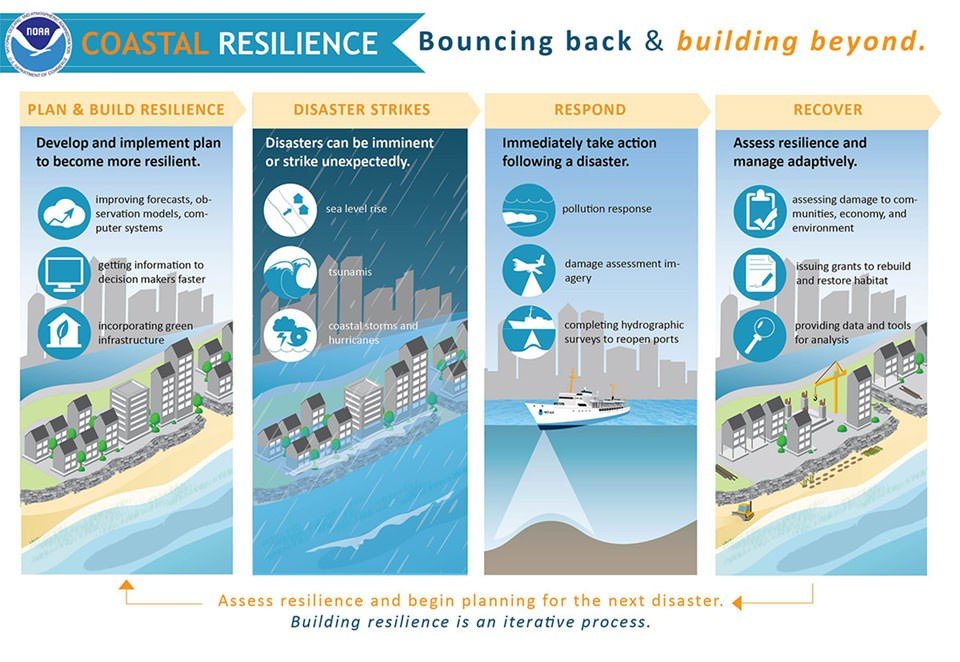
26
Feb
Climate Resilience and Wastewater Treatment in Coastal Hotels: A Case Study of Alexandria, Egypt and Miami Beach, USA
Climate Resilience and Wastewater Treatment in Coastal Hotels: A Case Study of Alexandria, Egypt and Miami Beach, USA
Coastal areas across the globe, especially those hosting high tourism activity such as Alexandria in Egypt and Miami Beach in the USA, face significant threats from climate change. The implications include sea-level rise, temperature increase, longer dry spells, and more intense rainy seasons. These changes pose substantial risks to marine and coastal tourism (MCT), which importantly contributes to global GDP and employment. Before developing or redeveloping a hotel, resort or apartment building in South Florida or other coastal communities you should consult with an expert like Roseline Partners, a real estate company brining the quantitative revolution to real estate and sustainable development.
Alexandria’s Climate Vulnerability
Alexandria, one of Egypt’s most frequented tourist destinations, is particularly vulnerable to climate change impacts. Four hotels in this coastal city are at imminent risk of inundation due to sea-level rise, a threat projected to escalate under future climate scenarios. The adaptation measures undertaken by these coastal hotels vary significantly based on factors such as hotel category, size, duration of operation, and the status of their Environmental Management Systems (EMS).
Technical adaptation measures are predominantly used by Alexandria’s hotels. However, to effectively mitigate climate change’s adverse impacts, they must prioritize implementing efficient adaptation strategies.
Impact on Marine and Coastal Tourism (MCT)
MCT is heavily concentrated in coastal areas globally with 80% of all tourism happening here. Moreover, the global cruise industry has a capacity that can accommodate over 27 million passengers annually. Climate change threatens these MCT destinations by affecting tourism activities like beach holidays, diving, and cruising.
Environmental degradation also poses an additional challenge. Inadequate management of tourism activities, construction processes, energy and water usage, and waste disposal harms coastal and marine ecosystems.
Building Resilient Practices
To strengthen resilience within MCT:
- 1.Policies and regulations supporting protected areas and resilient practices should be implemented.
- 2.Authorities should have designated funding and long-term perspectives for sustainable operations.
- 3.Zoning and licensing based on environmental data can restrict infrastructure development in vulnerable zones.
- 4.Financing mechanisms such as insurance schemes, green funds, environmental fees, and rainy day facilities can cover losses and support mitigation measures.
- 5.Infrastructure should be designed considering climate impacts. Nature-based solutions should be encouraged for resilience.
- 6.Tourism enterprises should adopt sustainable practices and diversify their offerings for conscious consumers.
Biodiversity protection coupled with nature-based approaches to climate adaptation offers cost-effective solutions for building resilience while generating additional revenue and employment opportunities.
Miami Beach: A Model of Climate Resilience
Miami Beach demonstrates active efforts against climate change impacts with its variety of cultural institutions offering shows and exhibits. Information about neighborhood projects and conducting business in Miami Beach is readily available to promote sustainable practices.
Under the leadership of Mayor Dan Gelber, Miami Beach continues its fight against climate change by executing effective strategies for resilience while providing ways for individuals to pitch in their efforts.
Though population data is missing for Miami Beach, information about overnight visitors in 2022 is available which helps gauge the scale of tourism activities.
In conclusion, wastewater treatment permits at climate-resilient hotels play a crucial role in managing environmental degradation. They must be implemented with thoroughness while considering the different variables that define each resort or hotel’s unique situation. The experts at Roseline Partners are LEED AP and certified in real estate development. They can help you navigate these “wastewater treatment permit” issues guiding you and your project to success. Contact us today to see how we can help you save time, money and resources in your next coastal commercial real estate project. Subscribe to Sustainable Investing Digest for this limited time free offer: https://www.linkedin.com/build-relation/newsletter-follow?entityUrn=7053058780464345088